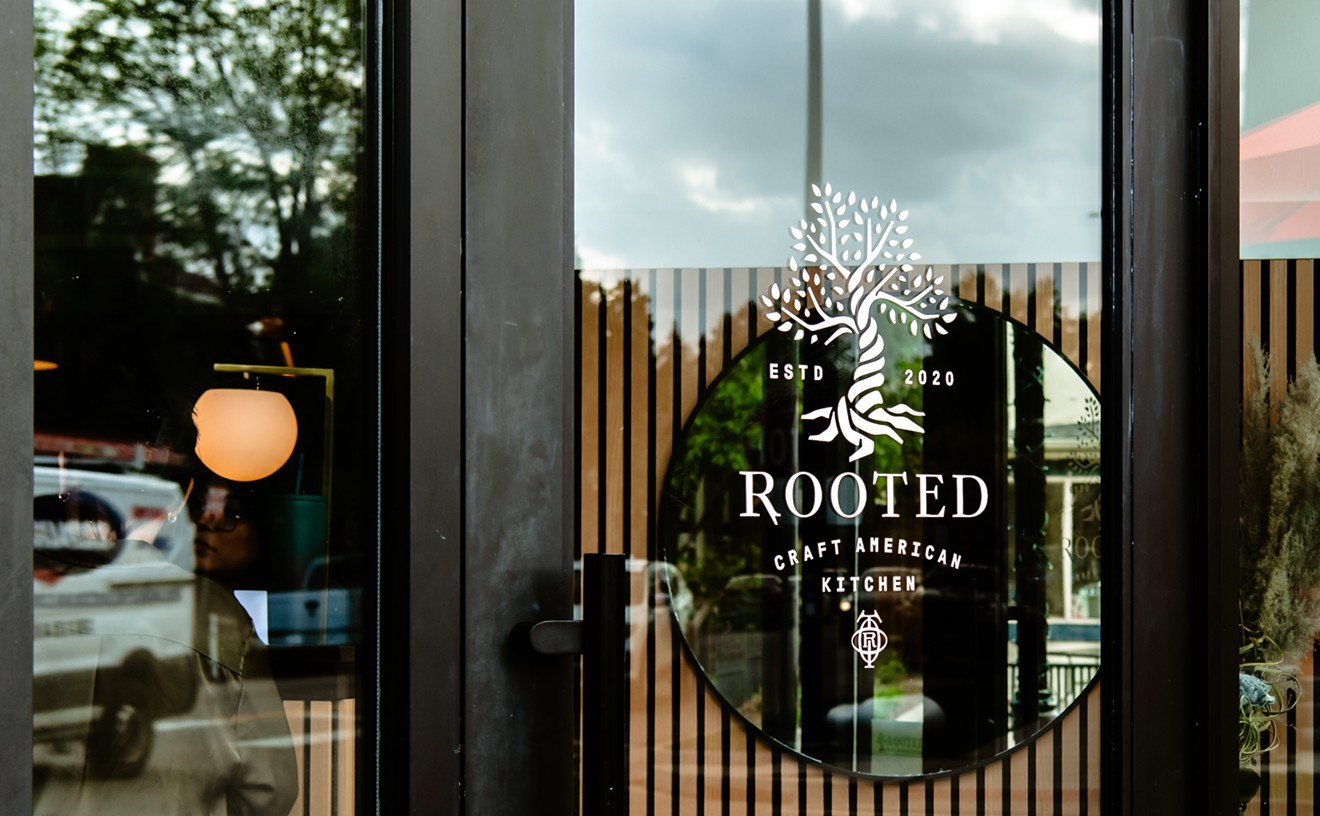His name is Olivier (portrayed by Olivier Gourmet), and he's the school's carpentry instructor, which will remind some viewers of Christian theology, others of the timeless value of craft. In any event, this painfully quiet, ordinary-looking guy sleepwalks through life wearing neat blue overalls, pop-bottle glasses and a heavy leather carpenter's belt that itself seems like an emotional impediment. While Alain Marcoen's probing, jittery, hand-held camera pursues him like a stalker, giving him (and us) no respite from intrusive glimpses and claustrophobic close-ups, Olivier measures out his days the way a draftsman measures angles, measures his words to the glum boys in his orbit. He's just as careful in the presence of his unhappy ex-wife, Magali (Isabella Soupart). Their marriage, we sense, was the casualty of a shared trauma.
It would take one minor miracle to have Olivier reconsider his self-imposed reclusiveness, a second one to carry us along on the journey. Trust the Dardenne brothers (Rosetta, La Promesse) to pull off that neat trick with an unsentimental, perfectly observed study of certain loss and uncertain redemption.
The occasion of Olivier's unexpected thaw is the arrival at school of a thin, introverted, clearly damaged sixteen-year-old called Francis (Morgan Marinne), a boy who reawakens Olivier's dormant emotions as no one has done in years. Always the exacting and precise teacher, Olivier keeps the usual cool distance as he instructs his new charge in the handling of lumber, the use of tools, the construction of corner joints. But there's a connection with the boy that we don't understand and that Olivier grasps only in parts. Having marinated for so long in sorrow, he's astonished and frightened by the rebirth of both rage and sympathy in himself. For his part, the bitter but curious Francis is trying to rebuild a life as surely as he's trying to build a pine bookshelf under the harsh eye of his new teacher, and Olivier comes to see that.
An average Hollywood movie dealing with roughly the same subject would disguise its technique -- style should be seamless and invisible, the old studio moguls thought -- but it would likely parade its every emotion. The mysterious relationship between an emotionally bankrupt teacher and a disturbed, needy teenager would naturally be the stuff of melodrama -- the raw material for an openly tumultuous, two-hanky movie trimmed in hearts and flowers.
The Dardennes work in the opposite way. They showcase their techniques -- ambient sound, documentary-style camerawork, deliberate pacing -- while keeping the dynamics between Olivier and Francis at a tense, low simmer that preserves the mystery of the drama. A beautifully acted mano a mano, replete with tiny, telling details and gestures, this is one of the most complex and interesting relationships in any recent film. The actual events are minimal and plain -- Olivier secretly visiting the boy's sad, featureless furnished room; teacher and student playing foosball, then driving to a lumberyard. But the incidents accrue, steadily gaining emotional power en route to one of the most intelligent and tartly ironic climaxes you will ever see on screen.
What is a father? What is a son? What binds the wounded spirits of human beings? These filmmakers, Belgium's best, pose big questions like these with admirable modesty and luminous eloquence. In the end, the quiet, tentative answers they come up with comprise nothing less than a religious experience, even for the profoundly secular among us. I can think of no higher compliment, nor name any current film that has more enigmatic grace, underlying value or human understanding.










